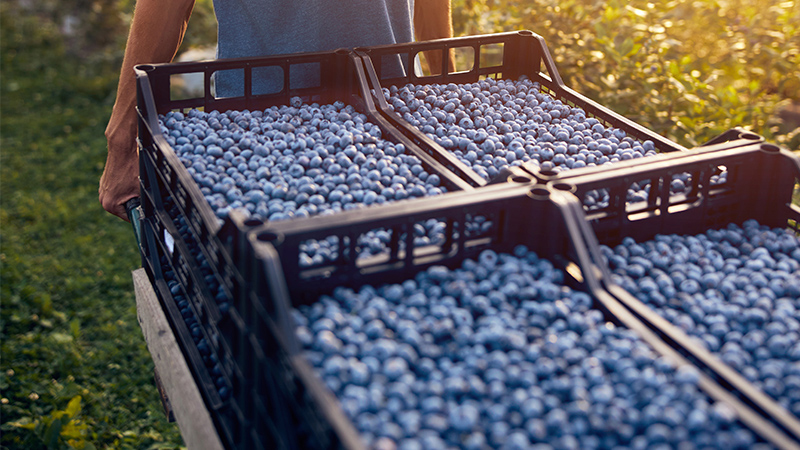Marketing Order Nixed By Larger Growers
The California Tree Free Fruit Agreement (CTFA), which until recently had administered two federal orders and two state orders, has announced the elimination of several programs and staff positions after one of the state orders was voted down by growers.
CTFA President Gary Van Sickle said that while a majority of growers actually voted in favor of a state order on peaches and nectarines, they represent a minority of the acreage. Both of those continuation criteria must be met, he said. A similar scenario played out among Washington’s apple growers in 2003, when larger growers decided they were better off marketing their own fruit, and voted against the Washington Apple Commission’s domestic marketing program.
“The atmosphere is such that the larger guys have gotten so large that they think they no longer need help from these (marketing) organizations,” said Van Sickle. “It’s the exact same type of thing as happened with the WAC.”
The other state order, on plums, was approved. Voting on the two federal orders, which is conducted by USDA, will take place from Jan. 12 to Feb. 3. The results will be announced in early March, said Van Sickle.
The reason the one state order had such a huge impact on the CTFA, he said, is that it accounted for 40% of the budget. That forced some difficult decisions, which included cutting the staff by almost half, from 14 to eight. Among the six positions eliminated was that of the industry relations director, Dale Janzen, who had been with the CTFA for 24 years.
“It was a very difficult thing,” said Van Sickle, who himself has been with CTFA since 1976. “And the timing of it — right at the holidays.”
Among the programs cut were domestic marketing, which was done through category management. That has been completely eliminated. Research was cut 40%, from funding $500,000 worth of projects to $300,000. Van Sickle, who served as the CTFA’s research director for many years before becoming president, said it’s obviously frustrating.
“Projects will have to be more carefully selected that will give us a good return,” he said. “Projects that show nutrition and health benefits would take priority over, say, preventing sour rot.”
Van Sickle, who serves on American/Western Fruit Grower’s Editorial Advisory Board, added that many of the research projects being funded are coming to a conclusion. It’s more a matter of not funding nearly as much new research as it is canceling projects currently under way.
The vote by the growers wasn’t wholly unexpected. Besides the fact that growers in other areas had made such moves, such as Washington’s apple growers, the California stone fruit industry has fallen on hard times in recent years. Van Sickle said that it seems like that in the recent past, for every one or two good years, growers have suffered three or four bad ones. Many longtime packer/shippers have closed their doors in the past few years.
But Van Sickle said he remains optimistic about the future, in part because federal marketing order funding is necessary for the CTFA to access federal Market Access Program (MAP) funding to aid with international marketing. With MAP funding hinging on approval of the federal marketing orders, growers may well look upon them favorably.









